Should you invest your emergency fund, you may ask?
Is it practical? Well, it may be tempting to do so. Since your emergency fund is just sitting there at your regular savings account doing nothing.
Or probably gaining little interest. What if you want to maximize it?
Do you really think that investing your emergency fund is the right thing to do?
However, should you really play the opportunity cost here?
Alright, too much firing up of questions.
In this post, let’s talk about emergency funds. But more significantly, let’s form an answer to the question: should you invest your emergency fund?
Related: Sinking Fund Ideas To Use In Your Budget and Save Money Like A Pro
Emergency Fund
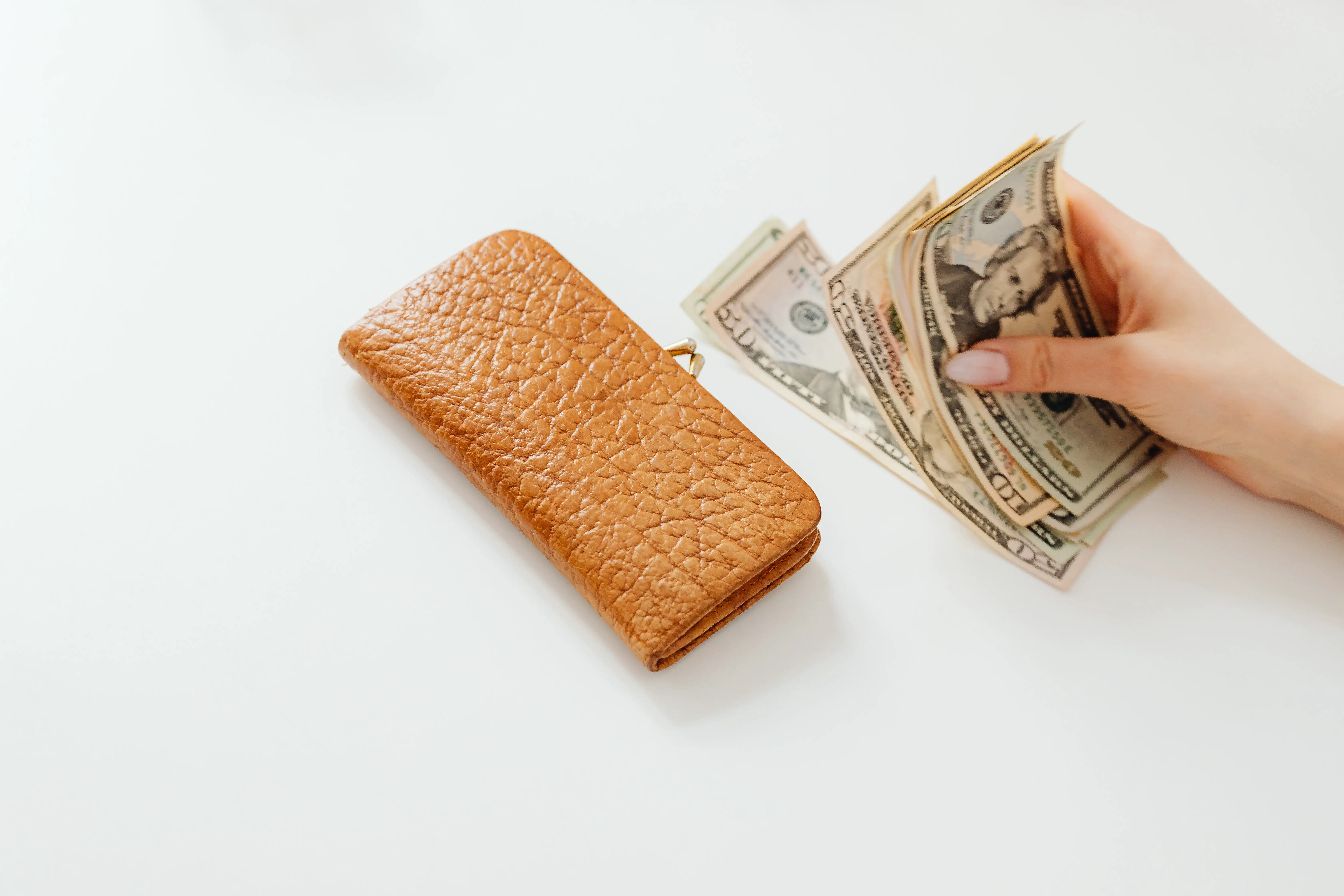
Before we dig in, let’s define what an emergency fund is. If you already know it, you may freely skip this part.
But if you want a quick recap, then this is helpful.
So emergency funds. What the heck are those, huh?
It’s simple. An emergency fund is your safety net when life throws lemons at you.
You know life can be a hard bitch, and we simply never know. We never know when the car’s going to break down or when you’ll going to be laid off from your supposed to be secured job.
Therefore, in a sense, an emergency fund is your peace of mind.
It gives you enough money blanket to fall back right into when life happens.
More significantly, we are emphasizing EMERGENCY here.
This could mean the ff (but not limited to):
- Unexpected home repairs
- Medical or dental emergency
- Unplanned travel expenses
- Car trouble
- Job loss
You must only access your emergency fund during unexpected, unplanned, unknown, and undetermined expenses.
More importantly, it will fall on strictly for emergency use only.
Therefore, it’s essential to appropriately evaluate whether you are in a position of emergency or not.
Your emergency fund is not for everyday expenses such as entertainment or hangouts.
Read more: How To Stop Living From Paycheck to Paycheck – 10 Realistic Tips.
How much should you invest in an emergency fund?
An Emergency Fund is also known as your contingency fund. Usually, an emergency fund should be worth three to six months of your monthly expenses.
However, some people extend it up to eight or nine months. Some even use one whole year as their defining point.
Above all, the correct answer to how much your emergency fund will be is a personal decision. It is because you will be the one to ultimately decide how much your living expenses are, and of course, count in several factors like lifestyle.
Now let’s say your emergency fund is already covered. You’ve already saved up enough.
Do you consider investing a part of it or all of it? If so, how much?
Well, this will also fall under the personal choice department.
But our advice is that don’t invest all your emergency funds in one go.
Maybe a part of it, say only 5%-10%. After all, it would be nonsense if you saved up for an emergency fund and did not use it according to its purpose.
Our best recommendation is that keep a separate savings venture for your emergency fund and funds solely for your investments.
You should only invest a part of your emergency fund if you think you are stable; you have other cash on hand to keep you at bay.
Moreover, it would only make sense to invest a part of your emergency fund if you want to boost it. However, it comes with risks (more on this later!)
Can your emergency fund be invested?
This question can also be viewed as should you invest your emergency fund?
Again, this is answerable by both YES and NO.
Yes, you can invest your emergency fund. However, remember that it’s closely similar to gambling in the world of investing.
No, because it doesn’t make sense to put all of your emergency fund savings into investment. Hence, it won’t be emergency money anymore.
Investing your money is not guaranteed at a higher gain, or will it even gain. There is no surefire way your money will double or triple when you invest.
That is why most financial experts and advisors suggest that you only invest the money you can afford to lose. We can’t stress enough knowing your appetite for risks too.
Of course, you must also have enough knowledge, research, skills, and experience so that you will learn to invest along the way.
Hence, we do suggest that, yes, you can invest your emergency fund. But, check if it meets the following:
- Do I have more than enough save than my target amount of emergency fund?
- Is it okay for me to lose this money?
- I want to invest a part of my emergency fund because I have saved other money, and I want to grow it. So, I will invest only a part of it.
- This money is the amount I am comfortable with not touching for three to five years or even longer.
- Is it okay for me whether or not the invested amount from my emergency fund will yield or not?
If your answer to all of the questions above is YES, and you think you can relate to the statement, then go ahead and invest ONLY A PART of your emergency fund. Again, NOT ALL OF IT.
Further, if your answer is NO, then forget about investing your emergency fund.
An excellent workaround for this if you still want to make the most out of your emergency fund is to put it in a high-yield savings account.
As a result, you have peace of mind that your money is safe, and at the same time, it’s earning even just a bit.
Unlike when you invest it, it’s now or never.
Should you invest your emergency fund?
Again, investing your emergency fund is only applicable if you think you are covered, you have a stable income to accommodate your daily living.
That means you have enough funds or even more than enough; hence, the goal is to boost your money.
Because we all get it. Probably you’ve placed your emergency fund in a regular savings account. But, unfortunately, it just sits there doing nothing, collecting little to no dime.
The bank just provides safekeeping. However, the best thing to do is these:
- Calculate your living expenses for up to three to six months. This will determine the amount you must save to build your emergency fund.
- Categorize your emergencies, non-negotiable expenses, savings goal, etc. Have a breathing budget.
- If you think your current income would make saving for your emergency fund a stretch or may take a bit longer, and you have other financial obligations (for example, you are also paying down some debts at the same time), you can:
- Trim your expenses (be specific and strict about your needs vs. wants, negotiable and non-negotiable expenses)
- Increase your income (find lucrative side-hustle or side business, ask for a promotion)
- Place your money in a high-yield savings account. In doing so, your emergency fund will gain higher interest compared to a standard savings account. This is better than nothing, yes? Now you have peace of mind, plus your finance is a boost!
- Aside from that, you can also try placing your emergency fund in a Roth IRA instead. Then you can put it between CDs, U.S Treasury Bonds, Index Funds, and other money market accounts that are low-risk investments but can provide stable growth income or higher returns in the long run.
Note: If you withdraw only your contributions from an IRA before reaching the age of 59.5, you can do it tax-free and penalty-free.
When is it okay? Pros vs. Cons
Pros of keeping an emergency fund
- In case of an emergency, you can easily access and withdraw the money quickly and effortlessly.
- Easier to liquidate.
- Gives you peace of mind that you have a safety net if life goes berserk.
- You are financially confident because you will feel secure as you are covered by your emergency fund.
- Lets you avoid racking on more debts.
Pros of investing your emergency fund
- If you’re someone who is always tempted to take money out of a savings account, investing your emergency fund might be a better option.
- People who are already retired, living on a government pension, or who have a spouse with steady work may be able to invest a portion of their emergency fund.
- Sometimes it could work or not, but at least there’s a chance you can boost your money (the workaround? Place it in a high-yield savings account or any other low-risk investment vehicle!)
Cons of keeping an emergency fund
- None that we can think of! Having an emergency fund is a crucial financial skill. Before learning about investing or wealth building, an emergency fund is the first step.
- But what if I’m also prioritizing paying off debts? Well, that is a personal decision. But we recommend building a solid foundation of your emergency fund first, then all else will follow. Of course, it’s also crucial to pay off your debt. With that, you can do the two most common strategies for paying off debt and achieving financial freedom faster!
Related: 12 Smart Ways to Pay Off Debt Fast and be Debt Free
Cons of investing an emergency fund
- There’s a potential for you to lose your money.
- Investing your emergency fund defeats its purpose of reducing anxiety and keeping you secured during rainy days.
- Early withdrawal of your fund is subject to withdrawal fees and other penalty charges, so be mindful.
Where should I put money after emergency fund?
Once you have built three to six months of your living expenses, you can now take a breathe and chill.
There are only two things you can choose to do. First, you can continue to save under your emergency fund account so that you can last at least a year.
Or, what you could do is pay attention to your other savings goal or financial obligations. For instance, you can now save for your short-term or long-term goals. Then, you can also start paying down some debts you have.
However, always ensure that you will use your emergency fund purely during emergency times only.
Final thoughts
In a recent survey of Bankrate, conducted last early January, it was revealed that some 56% of Americans are unable to cover an unexpected $1,000 bill with savings.
This means that most Americans struggle to build substantial savings, let alone emergency funds.
Unfortunately, instead of using their emergency savings, many Americans would have to borrow money from family and friends, take out a personal loan from a bank, or use a credit card to cover an unexpected $1,000 expense.
That is why an emergency fund is a necessity.
Above all, the purpose of an emergency fund is security, not growth
For example, a sudden job loss due to a worldwide economic recession- nobody has thought about it or might be prepared for it. However, your life is saved if you have an emergency fund tucked away.
Aside from helping you take care of unexpected expenses, an emergency fund will help you stop piling up credit card debt and remove anxiety about money, thus increasing your financial security.
Hence, should you invest your emergency fund? Well, better tuck it away and put it where it will grow safely, but you can liquidate it quickly.
After all, it’s still up to you what to do with your hard-earned money.
Just take everything you read or saw with a pinch of salt and use your own judgment.
Personal finance is still personal.


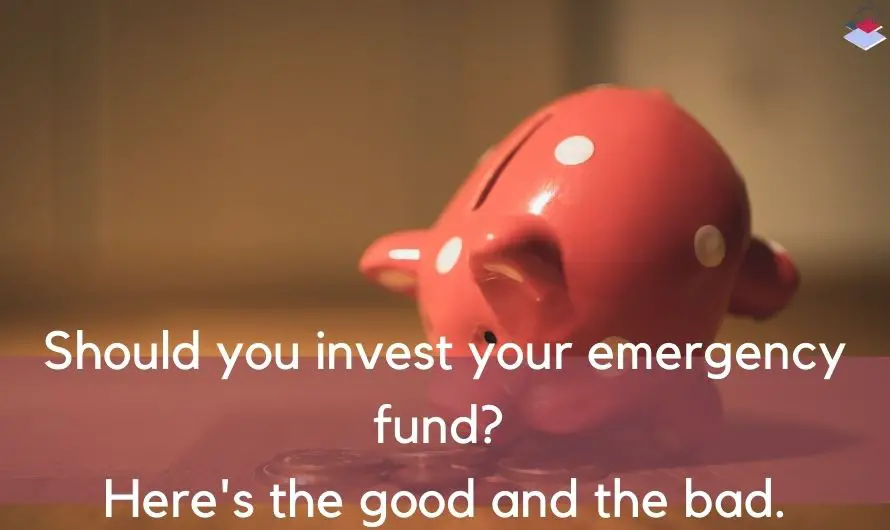
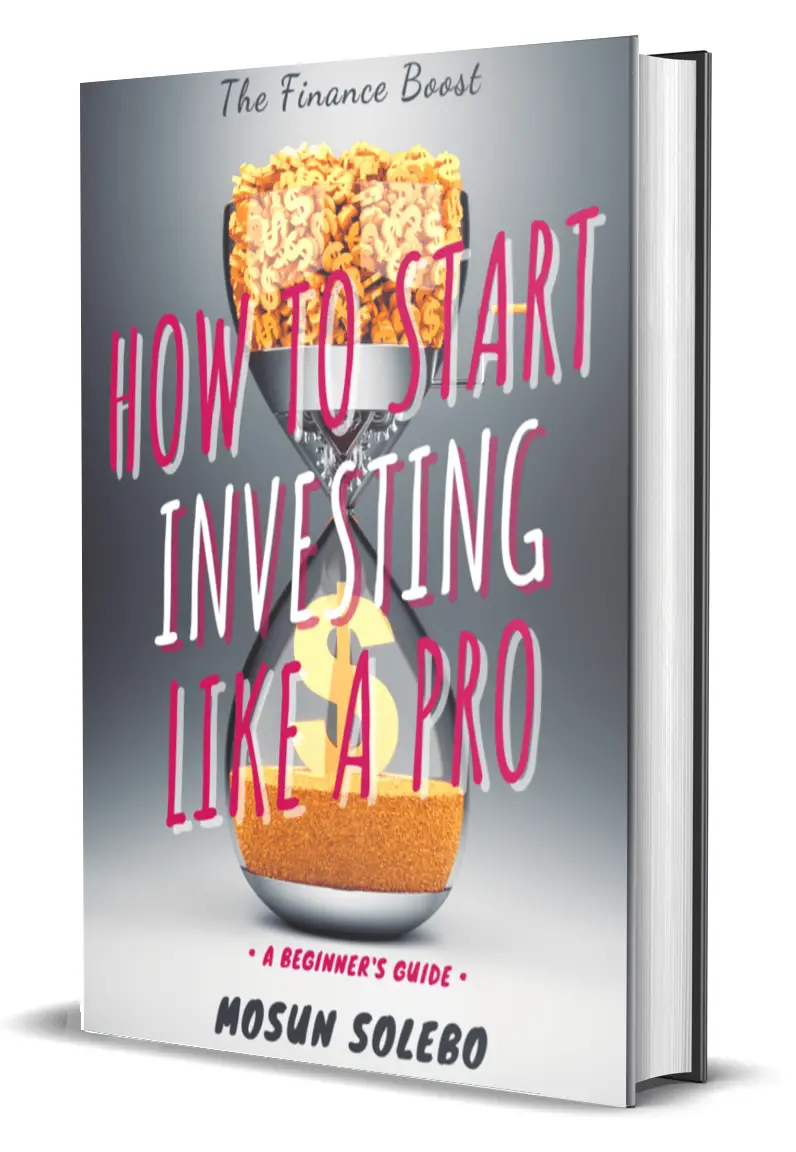



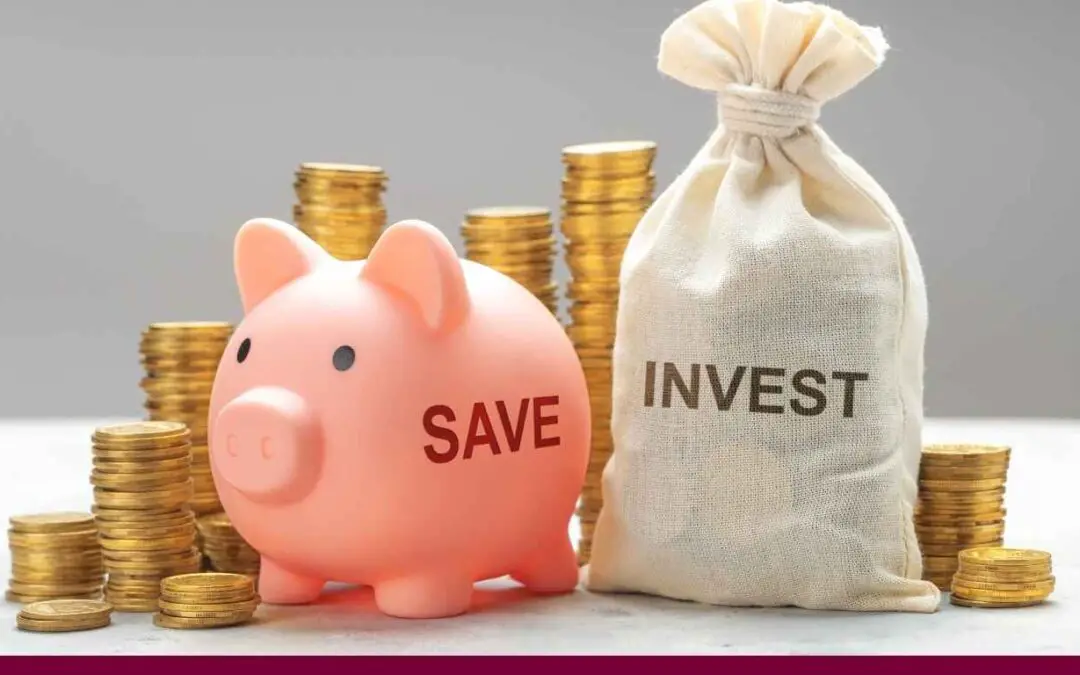

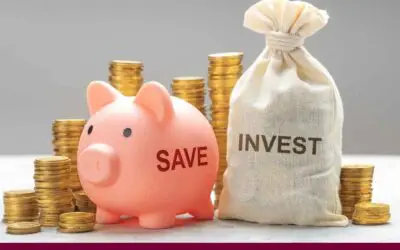


0 Comments